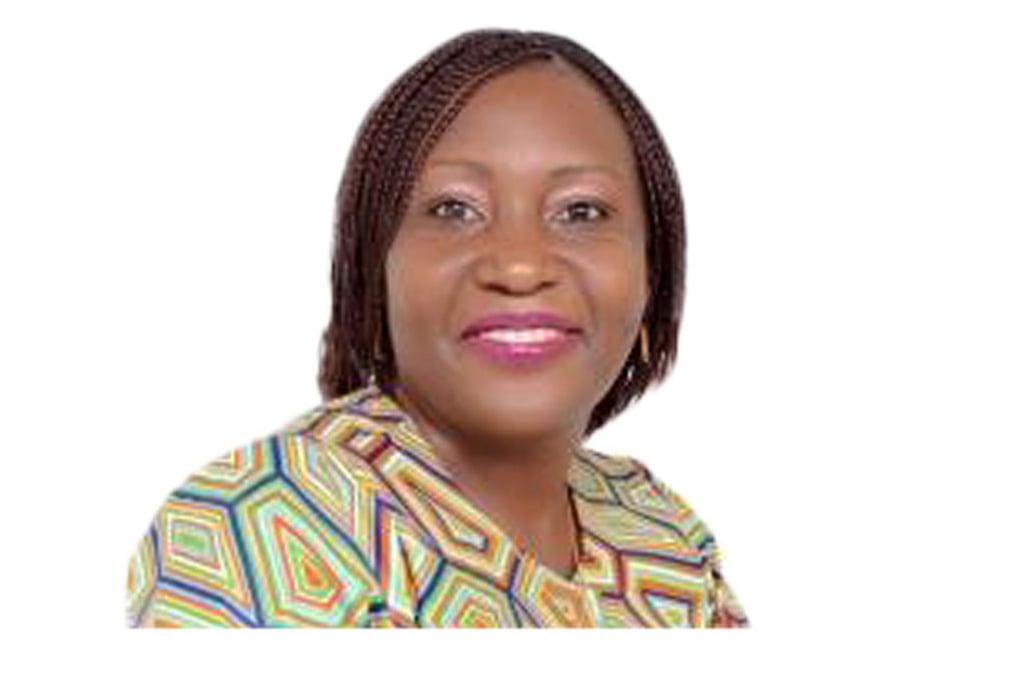Makerere University is Uganda in summary, a fine big mess
What you need to know:
- Irrational policy. In a more just system, the strike against this irrational policy should have been led by the Makerere University administration and the Minister of Education, for more government funding.
It is hard to make sense of what is going on at Makerere University. On one hand, we know for sure that good education doesn’t come cheap so the university justifiably needs more money. But on the other, we also know that the university (and government) should have enough data to prove that average household incomes aren’t high enough for private students to afford that 15 per cent increment.
To this conundrum, add an edgy government that seems to conjure conspiracy theories around every dissenting voice – as if it is shocked that its own people are disgruntled with the maladministration. And then, security personnel with muscles for brains.
I would love to rant some more about the thuggish manner in which the soldiers, like vengeful brutes on steroids, turned their weapons on young Ugandans with such terrifying viciousness. But what if I secretly trade in cryptocurrency and own a closet-full of red clothes?
Without naming names – because you know their story – you would be hard-pressed to find anyone among the high and mighty in government, whose family would have afforded university education, if they were going to school today.
First, as rural children, they would have had to avoid being victims of the 70 per cent dropout at primary level. Then, those who would have squeezed through the eye of the needle would have needed to find a good secondary school.
They would then discover that all the talk of economic progress and improved household incomes is illusory and that their parents can only afford books and a uniform at the sub-county secondary school. Cue an unceremonious exit at secondary level.
That would leave the odd sprinkling of those who would eventually make it to university. Here, they would have had to come in, either as private-sponsored students whose parents save, borrow or sell property to foot the bill. But their parents were poor, remember?
Some would have enrolled through the merit-based government sponsorship system and others would have needed the State House scholarship – which requires familial and NRM connects.
Yet now they say students are entitled, and even make excuses for their brutalisation. The Banyankore say, Ekyeba juba n’obworo hamwe n’obugumba,” which literally means that ‘it is so easy for one to forget that they were poor or barren’ – after their fortunes have changed. I will leave that at that.
You would think the fact that education sits right at the heart of human capital development is exactly why government would invest heavily in the sector. But actually, they don’t. At primary school level, government spends just about Shs10,000 as Capitation Grant on each child per year. As of 2016, Unicef reported that households were the major funders of education in Uganda, contributing up to 57 per cent.
Since it is not clear whether government will be matching this 15 per cent increment for the students it sponsors, the assumption is that private-sponsored students might actually end up paying more than their counterparts – for the same product.
In a more just system, the strike against this irrational policy should have been led by the Makerere University administration and the Minister of Education, for more government funding.
World over, university education is expensive because it guarantees quality and opportunities – but that is not an argument Makerere University can make. The fat cats in government or living off its patronage know this well, which is why they pay for their children, or have themselves dubiously secured State-sponsored scholarships in top universities abroad.
The tragedy for Makerere University is that it depends on a government that won’t invest in quality education or even improve the welfare of its paying citizens to afford the 15 per cent increments. For a supposed centre of innovation that is building for the future, the university’s ability to solve problems is also questionable.
They could have predicted this stand-off and perhaps gone for a lower percentage phased out over a longer period. No honest hustle in this economy is allowing for 15 per cent increments in incomes.
But also in the long-term, Makerere University should setup an endowment fund contributed to by millions of alumni; or build satellite campuses or regional college partnerships and reduce pressure at the centre; or invest in e-learning and distance programmes; or partner with/contract others to host some (specialised or undergraduate) courses and simply award degrees.
That said, the single-most job for a university is to enlighten, polish and create thinkers and doers. That essentially translates into standing up to injustices and challenging the status quo. Imagine if the students capitulated? The tragedy!
Mr Rukwengye is the founder, Boundless Minds. [email protected]




